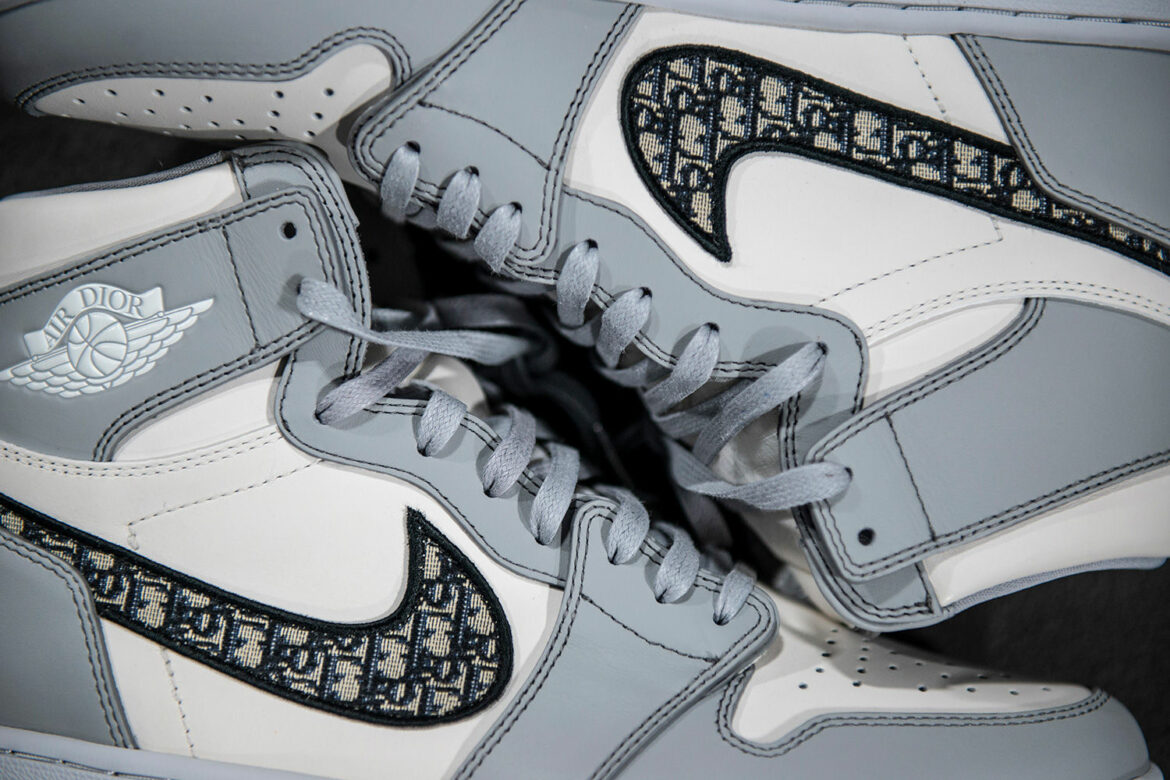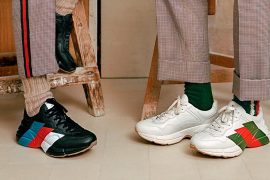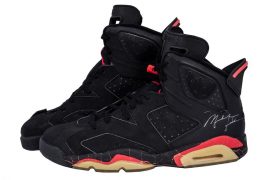Walking in the shoes of a Melbourne-based real estate agent is tough, as he splurged a cool $20,000 on seven pairs of shoes that all turned out to be fake! Unfortunately for him, the sought-after limited edition sneakers were sold to him by a 17-year-old minor, which is why a refund is now out of the question. The aghast Aussie with seven new counterfeit shoes launched legal action against the 17-year-old boy and his father at the Victorian Civil and Administration Tribunal in October.
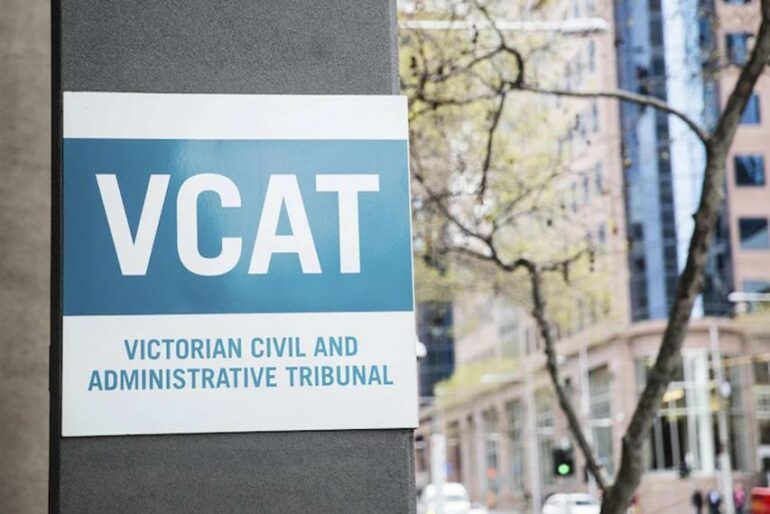
VCAT member Katherine Metcalf ruled in December the real estate agent should not get his hopes up, as despite being duped, he knowingly bought them off a 17-year-old student. The well-off customer paid the teenager $3,800 for a pair of the Dior X Air Jordan sneakers, and $4,800, $6,700, and $10,000 for three more pairs, plus another three pairs for $2,690 each.
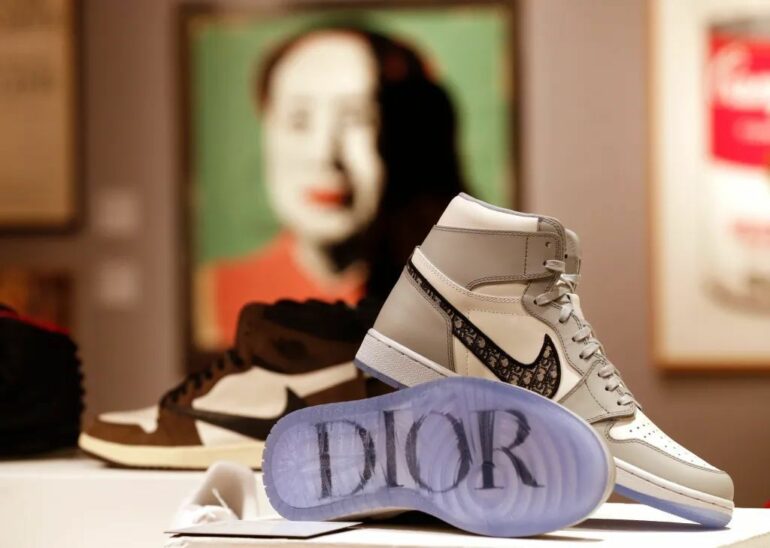
His excitement was met with dejection as the sneakers arrived sporting defects, leading to suspicion of unauthenticity. The enraged customer contacted the young seller and his father, whom he claimed agreed to accompany him to get them authenticated. The authenticator identified the name of the student and said that he “was a fraudster and a scam artist who had been blacklisted.” Now the man is left with little but to enjoy his fake sneakers. He should’ve at least accepted the $10,000 offered by the father in compensation, which he refused before taking the matter to the tribunal.

“Had the agreement been entered into when [the student] was 18 years old, the result might have been different,” Metcalf stated. “Whilst the law generally protects minors from the consequences of their own actions, it could be argued that in the present circumstances, it is not the minor who needs protection, but rather the people with whom he chose to do business.”
